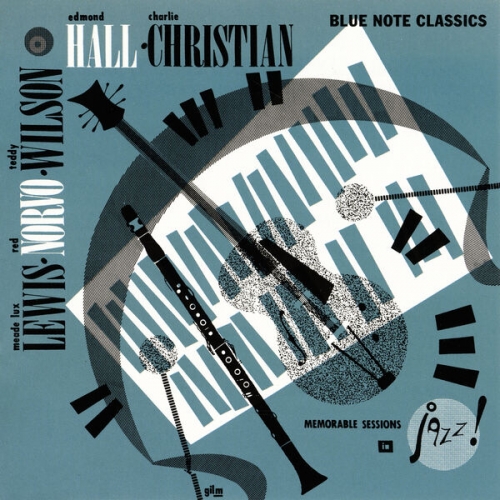Al Green - Arista Heritage Series: Al Green (1972)
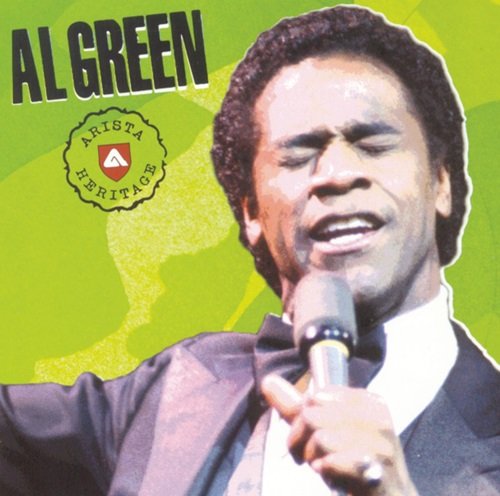
Artist: Al Green
Title: Arista Heritage Series: Al Green
Year Of Release: 1972
Label: Arista
Genre: Soul, R&B, Funk
Quality: Flac (tracks)
Total Time: 30:53
Total Size: 197 Mb
WebSite: Album Preview
Tracklist:Title: Arista Heritage Series: Al Green
Year Of Release: 1972
Label: Arista
Genre: Soul, R&B, Funk
Quality: Flac (tracks)
Total Time: 30:53
Total Size: 197 Mb
WebSite: Album Preview
01. Back Up Train (Digitally Remastered) 2:19
02. Hot Wire (Digitally remastered) 2:57
03. Stop And Check Myself (Digitally remastered) 1:45
04. Let Me Help You (Digitally remastered) 1:46
05. I'm Reachin' Out (Digitally remastered) 2:44
06. Don't Hurt Me No More (Digitally remastered) 2:18
07. Don't Leave Me (Digitally remastered) 2:19
08. I'll Be Good To You (Digitally remastered) 2:15
09. Guilty (Digitally Remastered) 2:58
10. That's All It Takes (Lady) (Digitally Remastered) 2:21
11. Get Yourself Together (Digitally remastered) 2:28
12. What's It All About (Digitally Remastered) 2:00
13. A Lover's Hideaway (Digitally Remastered) 2:42
Nearly forgotten by all but serious soul fans, Back Up Train is Al Green's debut. Released in 1967, when he was still billed as "Al Greene" and before he worked with producer Willie Mitchell, the record is a perfectly serviceable slice of slightly sweet period soul -- perhaps a little generic, but never less than pleasant. Much of the record was either written or co-written by the album's producers, Palmer E. James and Curtis Rodgers, who were not just part of Hot Line Records, but in the Creations, Green's previous backing band. Though they're fine as producers, they didn't have strong material as songwriters, never producing something as limber and memorable as Green's lone songwriting credit, "Stop and Check Myself." Musically, this number, along with a few other cuts, suggest the tight, sexy sound of his seminal Hi albums, but they're nowhere near as seductive as those slow grooves, nor are they as effortless. Still, it's possible to hear their roots throughout the record. Green's voice, while not as smooth as it would be just a few years later, shows enormous talent, he's equally comfortable with ballads and funky workouts, and the production, while dated, is quite appealing in how it falls somewhere between the grit of Memphis and the sweetness of Chicago soul. Back Up Train is good enough that if Green hadn't gone on to greater work, this would be the kind of record soul fanatics would treasure and trade, speculating on what might have happened if Green had been given another shot. Of course, Green went on to bigger, better things, and this stands as no more than a footnote to his career, but it's an interesting, enjoyable footnote all the same.
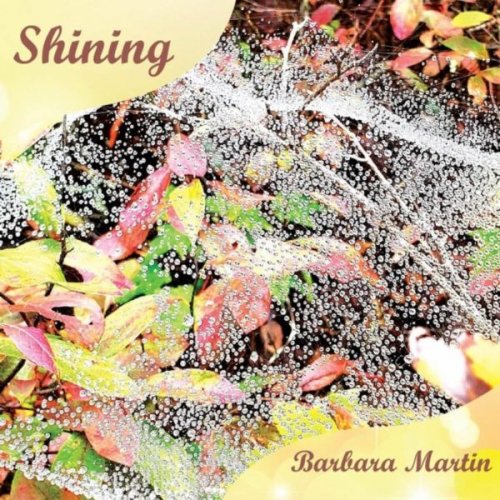
![Chad Lefkowitz-Brown - City Spirit (2026) [Hi-Res] Chad Lefkowitz-Brown - City Spirit (2026) [Hi-Res]](https://www.dibpic.com/uploads/posts/2026-02/1772171883_y3mc4z2lmsr7a_600.jpg)
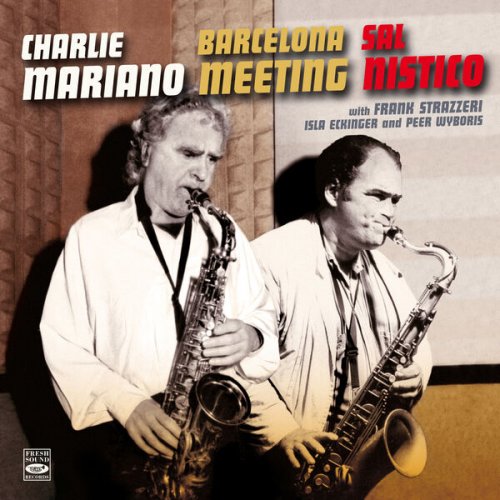

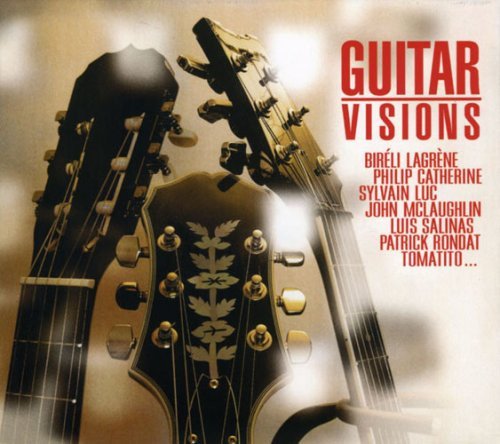
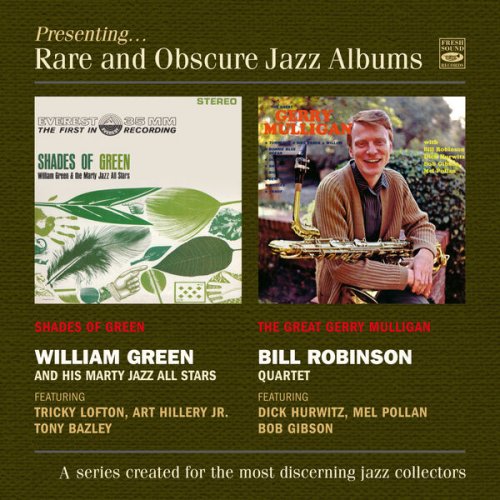

![Mateus Asato - ASATO (2026) [Hi-Res] Mateus Asato - ASATO (2026) [Hi-Res]](https://www.dibpic.com/uploads/posts/2026-02/1772112407_egqdz3e9dom2b_600.jpg)
